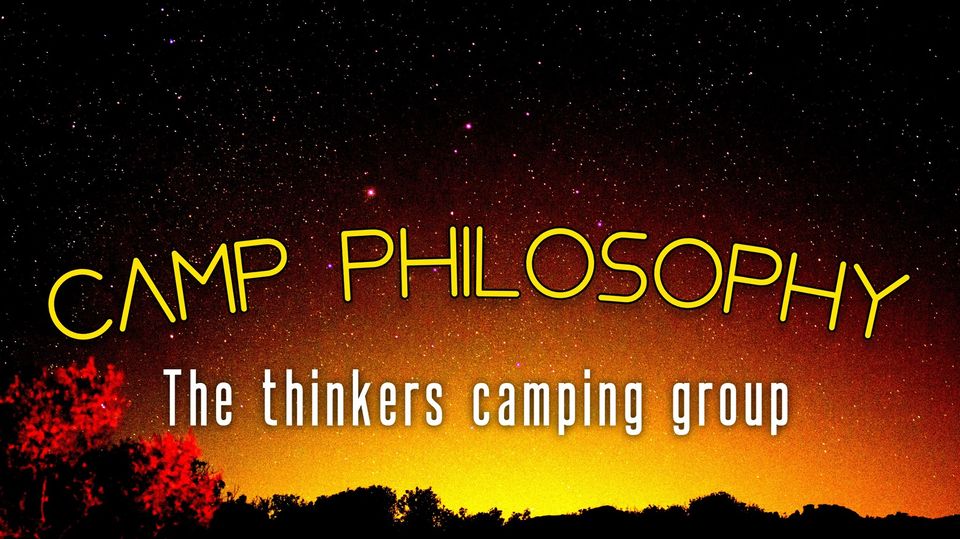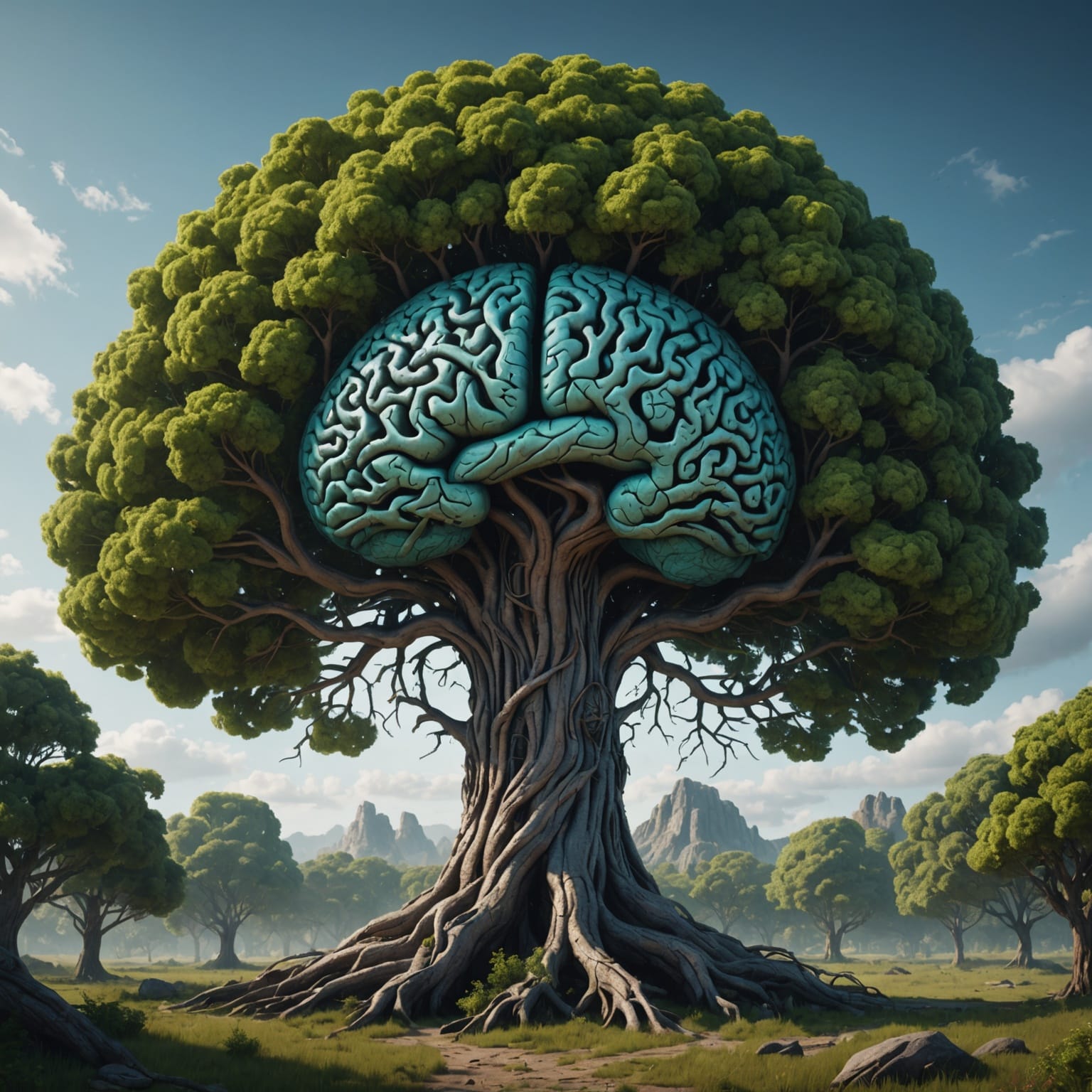Here are some interesting and often puzzling philosophical problems that are sometimes talked about around the CP campfire.
- Zeno’s Paradox
- Zeno was an ancient Greek philosopher who devised philosophical problems. His most famous paradox considers an archer shooting an arrow toward a target. Zeno argues that in order for an arrow to hit it’s target it must first travel half the distance to the target (1/2). However, in order for the arrow reach half the distance, it must first travel a quarter of the distance (1/4th). The problem is, this dividing can take place infinitely. Doesn’t the arrow first need to travel one eighth the distance (1/8th) before it can travel one quarter of the stance? The arrow must always occupy one specific position in space and time (at any instant). Therefore, Zeno concludes that motion is impossible and that the arrow will never reach it’s target, but since we observe that the arrow does in fact meet it’s target (after the archer releases it), how is this possible? In other words, how it motion possible given this seeming paradox of distance?
- The Problem of Determinism vs. Freewill
- Freewill is generally defined as “the ability to have done otherwise”. Determinism states that, since the universe (and all physical objects) are governed by physical laws, including the human brain, how does a person have “the ability to do otherwise”?
- The Mind-Body Problem
- In the philosophy of mind, there is often a problem raised when a person makes the claim that humans have “immaterial souls” which allow for things like freewill or an immaterial “mind”. If souls or minds exist (and are not material) how exactly do they interact with material objects like brains? Don’t physical objects only interact with other physical objects? How is this possible? This is also sometimes called “the interaction problem”. Perhaps more importantly, what is a “mind”?
- The Problem of Hard Solipsism
- The French philosopher Rene Descartes is famous for his inquiry into general skepticism about most things that people don’t normally question (such as the existence of an external world outside the mind). How do I know that I am not the only thing that exists and that I’m not dreaming or living in a matrix? Solipsism is the belief that I am the only thing that exists and that all “reality” is a creation of my mind. How can we prove otherwise?
- Hume’s Problem of Induction
- The famous Scottish philosopher David Hume is well known for his skepticism about miraculous claims but another less known problem he wrote about is what is now called The Problem of Induction. Put simply, how can we be rationally justified in thinking that the past will be like the future, that nature will continue to be relatively “uniform”, or that our belief about general cause and effect relationships is a correct one? According to Hume, there does not seem to be any “necessary connection” between one billiard ball striking another on a billiards table and thus causing the second ball to move as such. How do we solve this problem?
- The Trolley Problem
- In ethics and moral theory, the trolley problem is well known. It goes something like this: You are standing on a bridge, underneath which runs a trolley on a track. Down the tracks there is a group of 5 people who are stuck on the track and will die if the trolley does not stop or change course. Next to you there is a lever that, if pulled, will cause the trolley to change tracks (thereby avoiding killing the 5 strangers). However, if the lever is pulled it will run over a family member or loved one. Which is the correct moral decision?
- The Ship of Theseus
- Imagine a wooden ship that has been damaged and needs some parts replaced. Once those parts have been removed and replaced is it the same ship or a different ship? In a similar fashion, imagine a person who needs a heart transplant. Upon undergoing surgery, the person receives another person’s heart (say from a donor who has passed away). After the surgery, is it the same person or a different person, since he has a different heart than before? Finally, imagine a person whose brain has been damaged. There is a new technology (say stem-cell like technology) that allows for a re-growing of the parts of that person’s brain that have been damaged. Once the treatment has been applied, the person seems to be back to normal. Is it the same person?
- The Problem of Personal Identity
- This is also known as the problem of persistence and is related to the Ship of Theseus Problem. If a person is constantly changing over time, that is to say the atoms and molecules in their body are not at all the same from age 3 to age 33 or age 73, how are they the same person with the same identity? How does their personal identity persist through time and change? In other words, are you the same person that you were when you were born or are you a completely different person today? If you are the same person, where or how is the unchanging “you” that did not change?
- The Gettier Problem
- Many philosophers consider knowledge to be “justified true belief” (JTB). According to this view, a person has knowledge if their belief about a given proposition is 1) justified, 2) if they believe the proposition, and 3) if the proposition is true. However, according to the philosopher Edmund Gettier there is a problem with this definition. What happens if a person believes a proposition is true, based upon a false premise, while at the same time being justified in said belief and having that belief be true? For example, imagine you are driving through the countryside and see what appears to be a sheep in a field. You then form the belief that “there is a sheep in that field”. However, it turns out that what you saw was in fact a dog, not a sheep, but that (at the same time) there was in fact a sheep behind the dog some distance back, but you did not see it. Therefore, it appears that your belief that “there is a sheep in that field” was both justified and true, and yet not knowledge. Was it knowledge?
- The Moral Facts Problem
- For a long time now philosophers have debated the question as to whether or not moral facts actually exist. First, what is a moral “fact”? What does it mean for something to be truly “moral”? If moral facts exist, in what fashion do they exist? This issue is sometimes referred to as the “stance independence problem”. If someone “ought not” do something, where or how does that fact exist apart from human interpretation or human feeling? In other words, in what way is it independent of any one person’s “stance”? Surely it would not “exist” in any ordinary fashion (such as in the case of the existence of rocks or H2O molecules). Secondly, if moral facts do not exist then what is morality ultimately about and how should we think about it? Is there even a correct way to think about morality?





